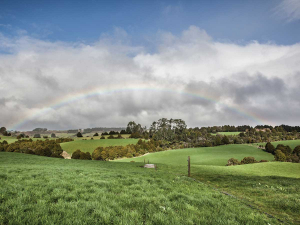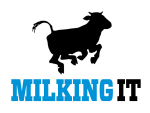OPINION: The word uncertainty has taken on a new meaning for farmers in the past six months.
New environmental legislation is coming at them from all different directions, Boris Johnson, the UK Prime Minister, has added to their woes with his version of Brexit which provides little comfort in terms of our future exports there and to Europe.
Then Mr Twitter, or it is call me unpredictable, also known as Donald Trump, has thrown the niceties of world trade out of the cot and now we have a drought. Oh and we have coronavirus – again where this will end up, heaven alone knows.
It seems we are now living in a world where the unpredictable is the norm along with volatility and turmoil. The trouble is that most of this is beyond farmers’ control. In some ways you can plan for a drought or a flood or any adverse weather event – maybe even a biosecurity event – but when it comes to trade issues and the likes of coronavirus, down on the farm there is nothing that you can do except listen to the media reports and hope.
This would be one of the difficult and challenging times the sector has faced for many years. It comes when there is pressure on farmers to take action to reduce greenhouse gas emissions and to improve water quality but if export prices fall these things will not happen.
Not only will farmers be hit, but this will be the moment when the wider public suddenly find out that we are a primary industry based country and that our wealth comes from the land. It will be a time when farmers are going to have to be resilient like they have never been before. The pioneering genes will have to come to the fore.
While the situation is not bright, this is not the time to give up.
Disasters have been overcome in the past and a major reason why this has happened is because leaders have inspired people to be positive.
It was once said that Winston Churchill’s greatest contribution to WWII was to ‘mobilise the English language and send it into battle’ – look what happened!


















